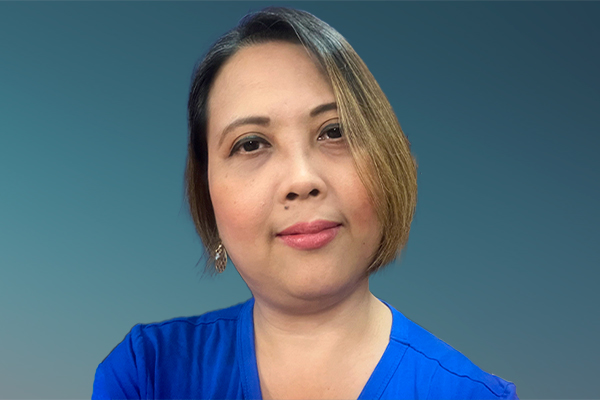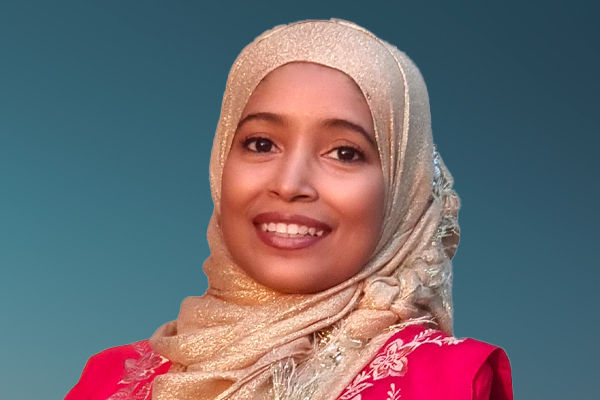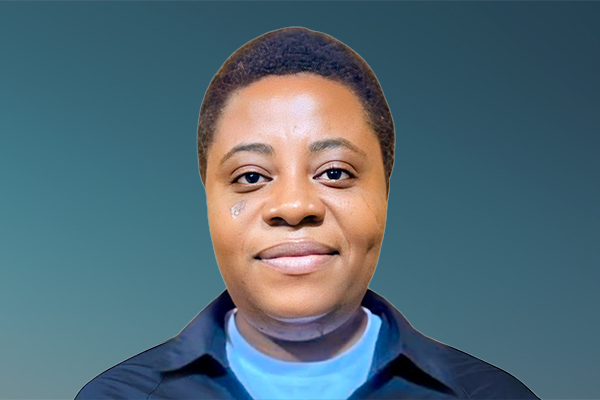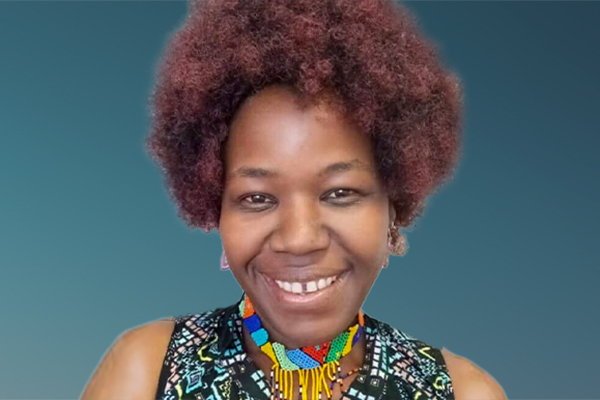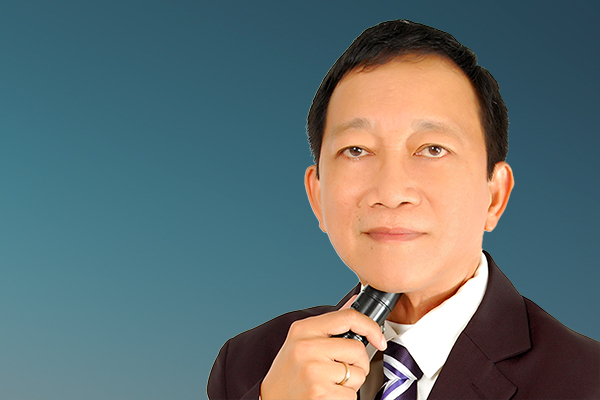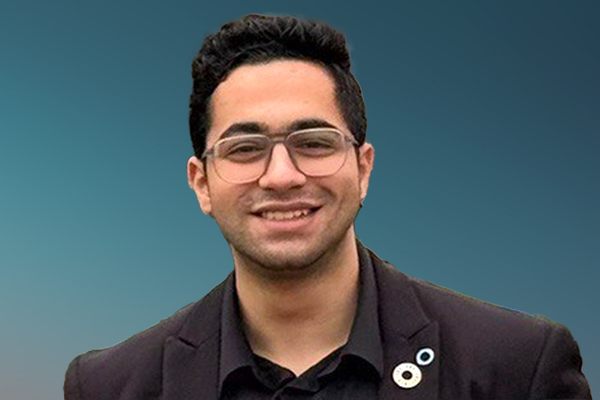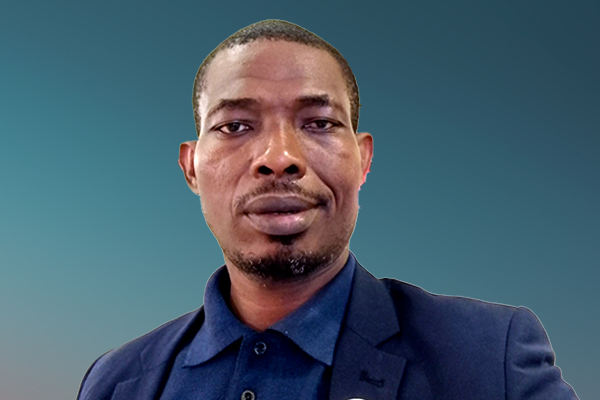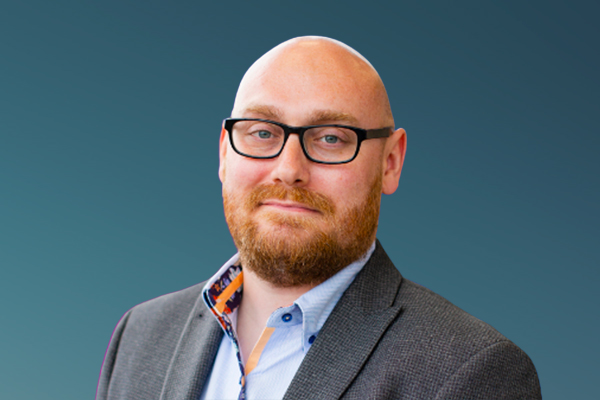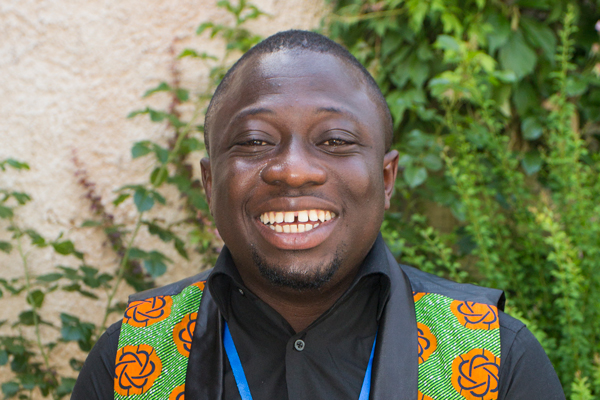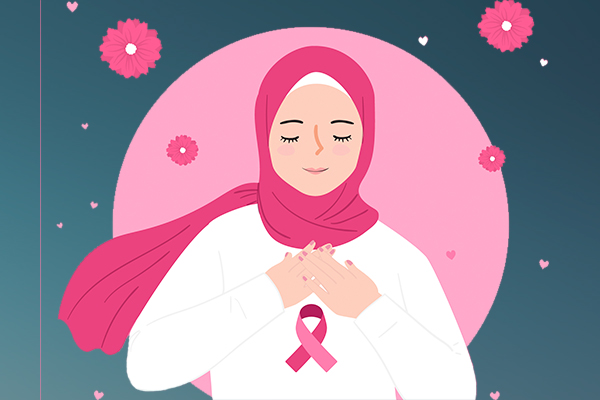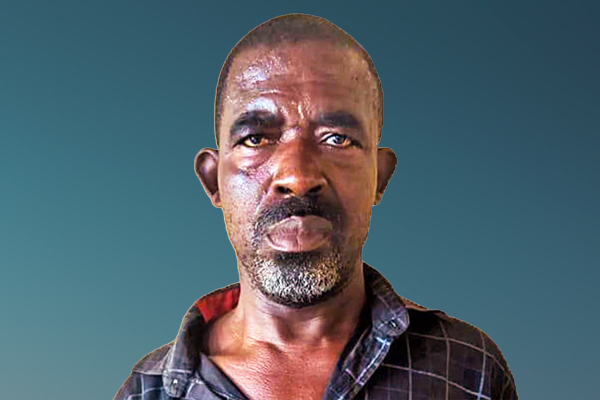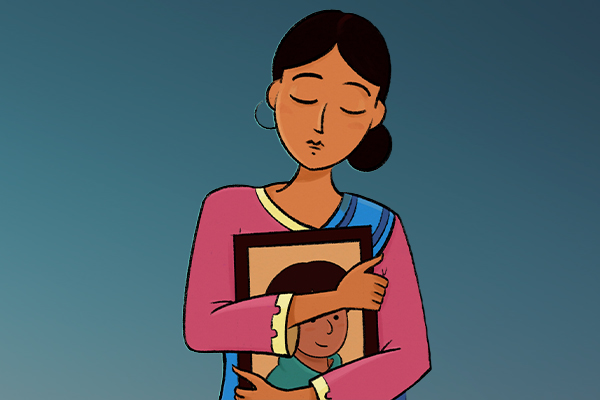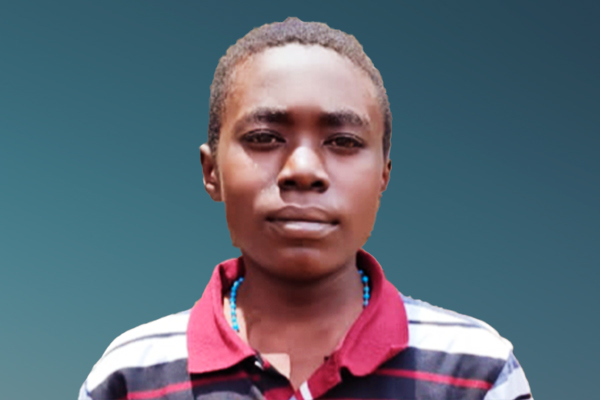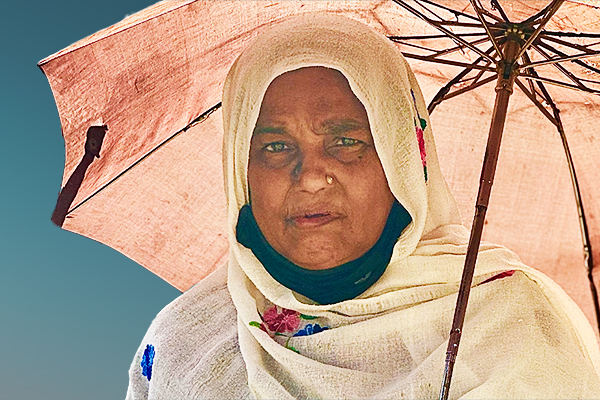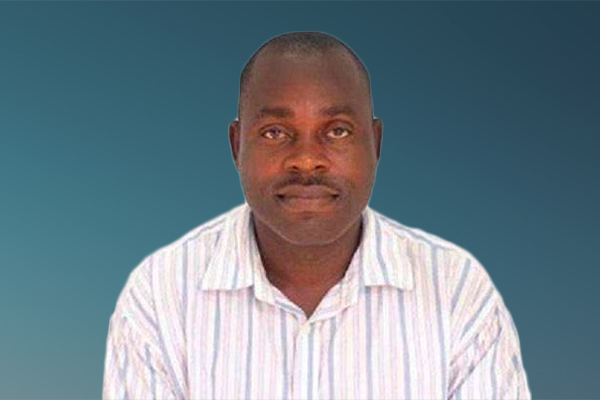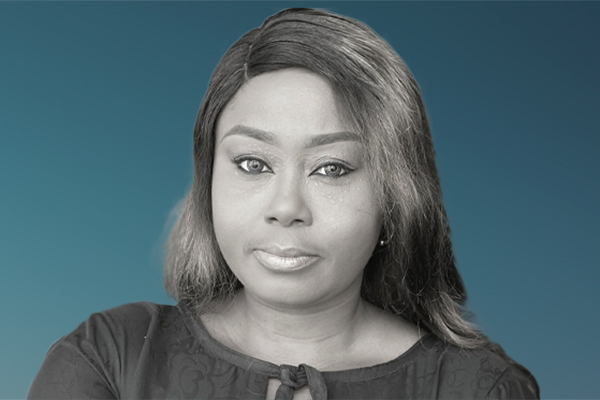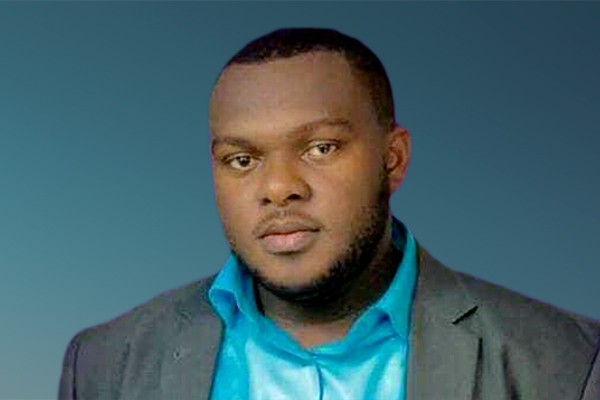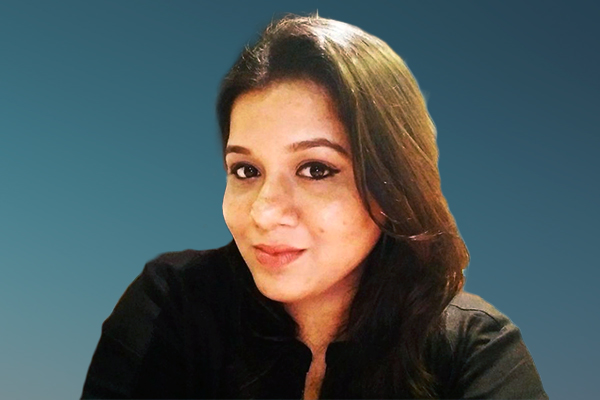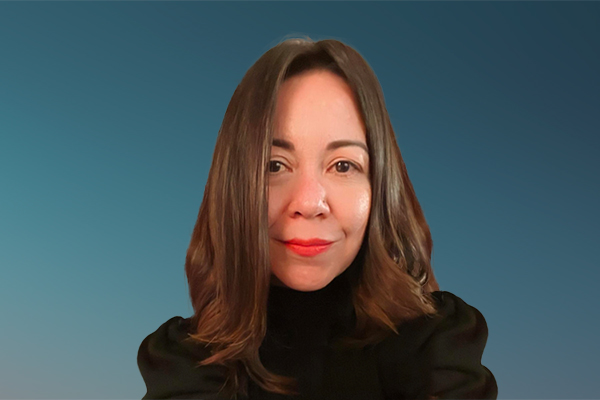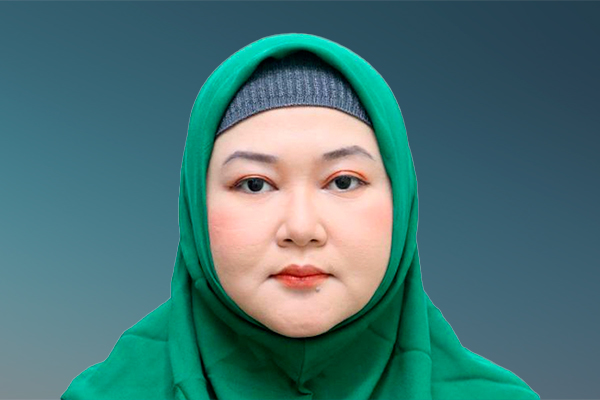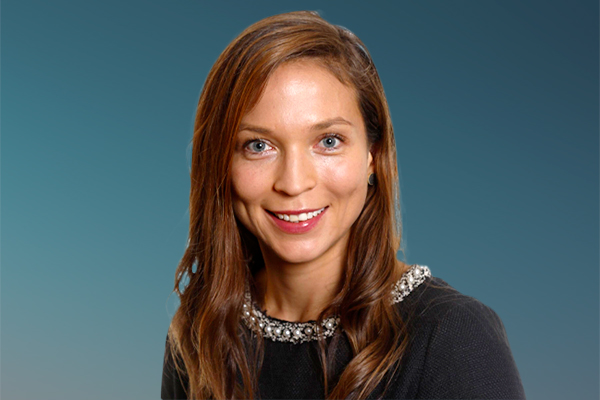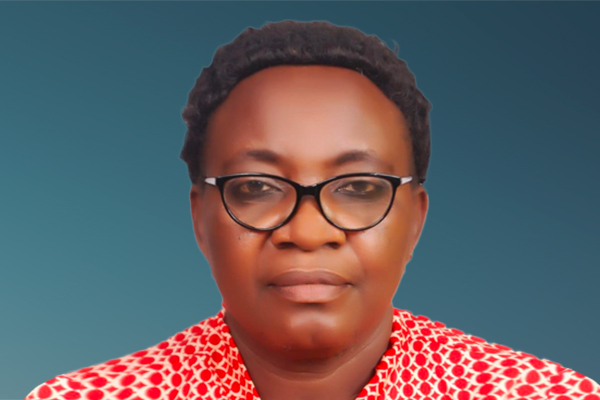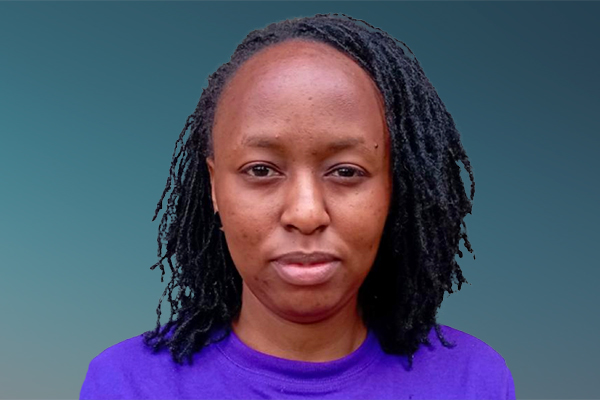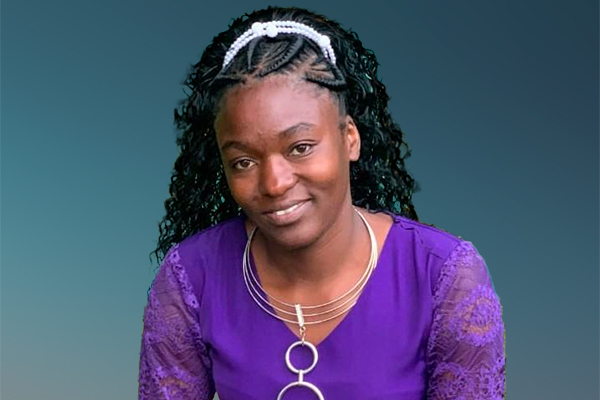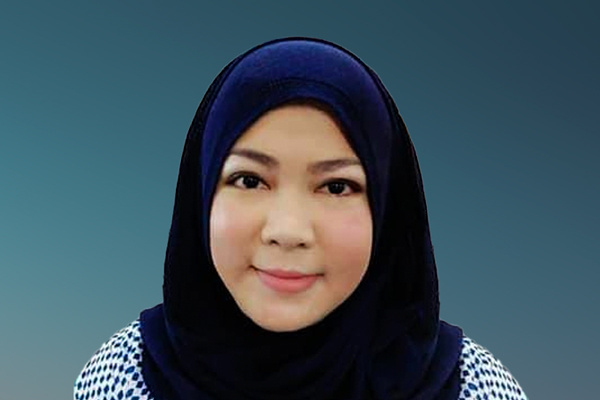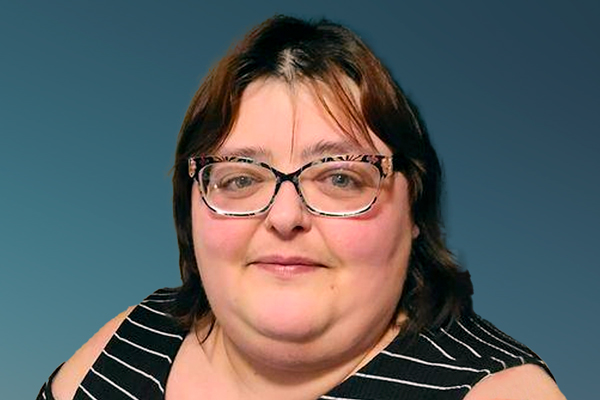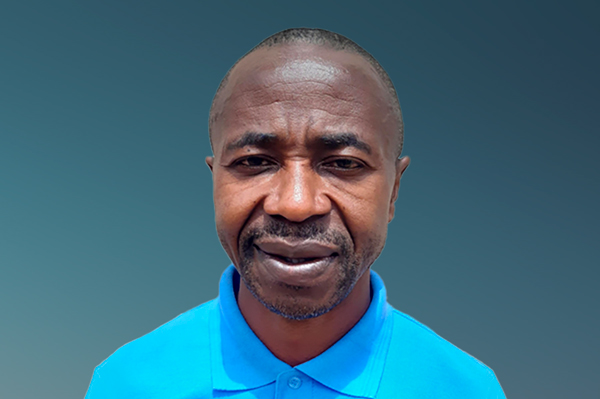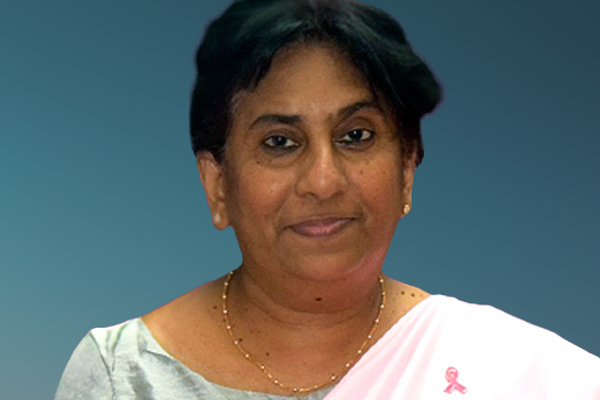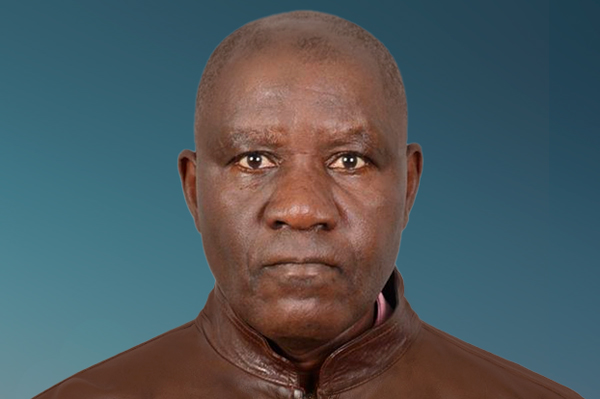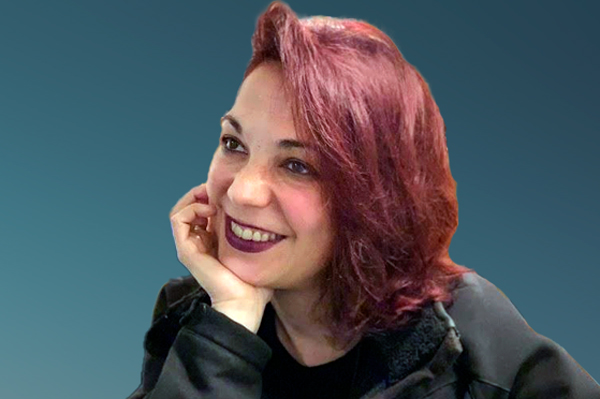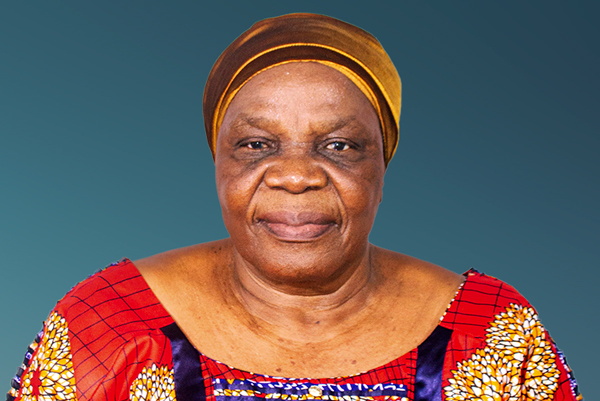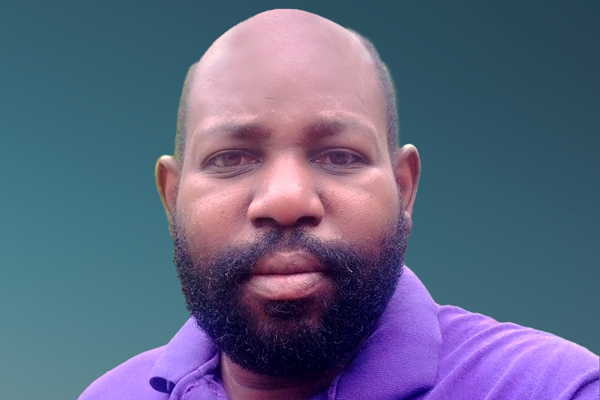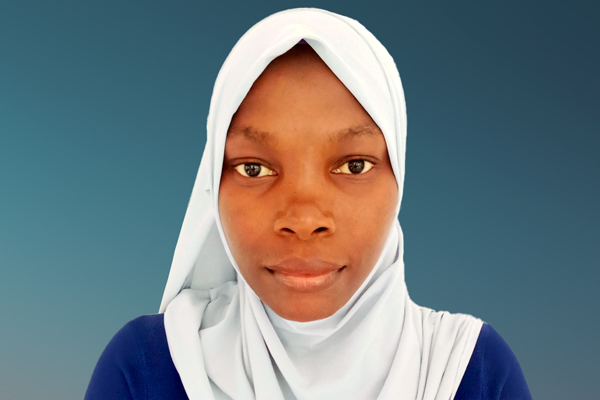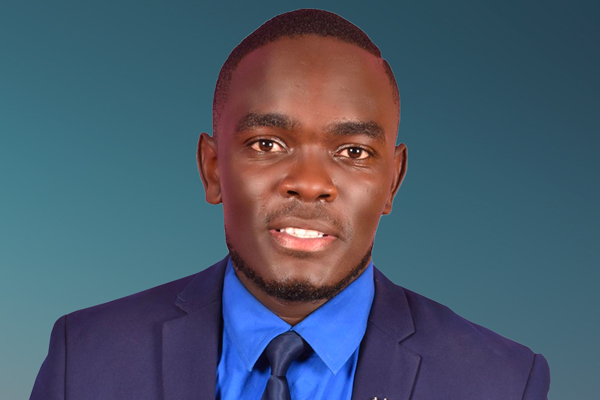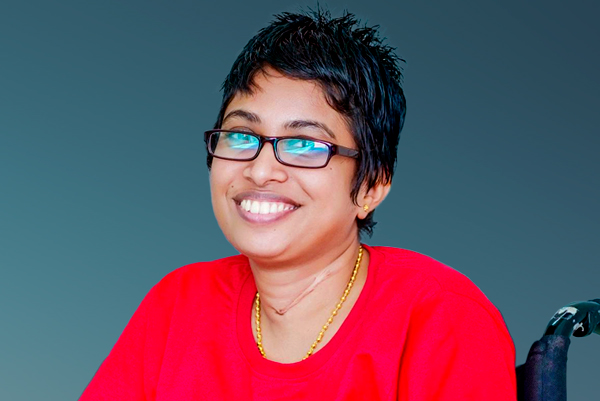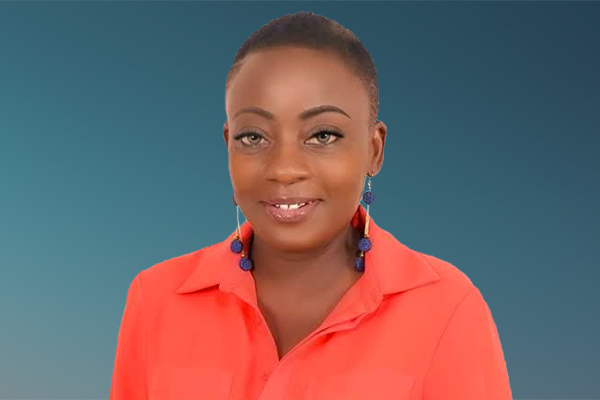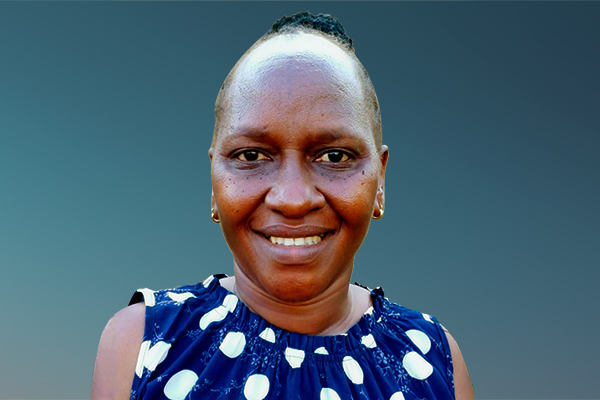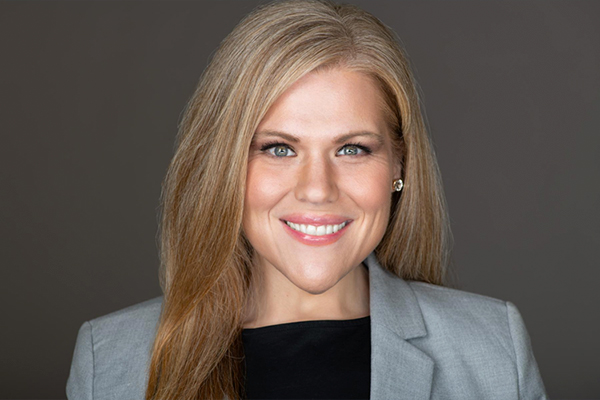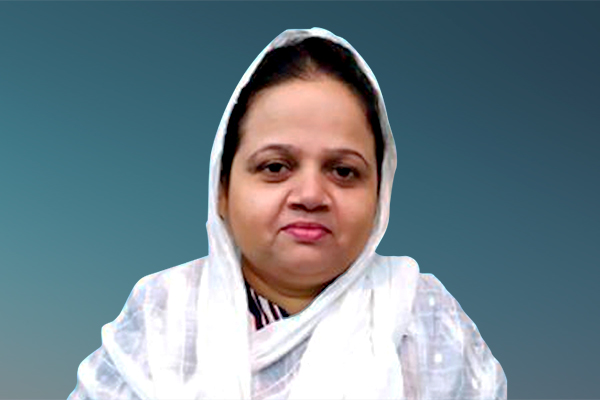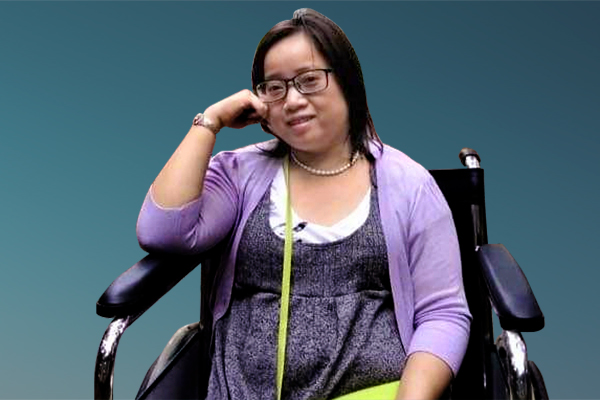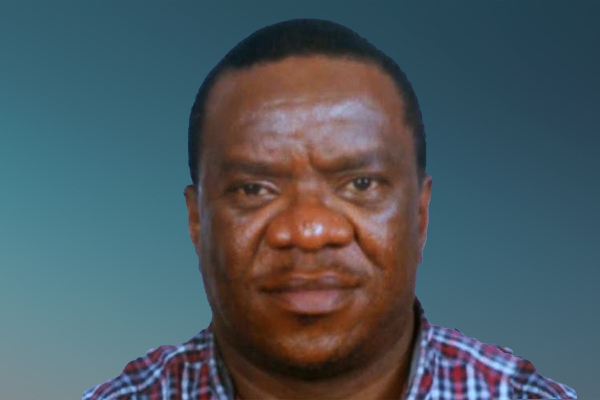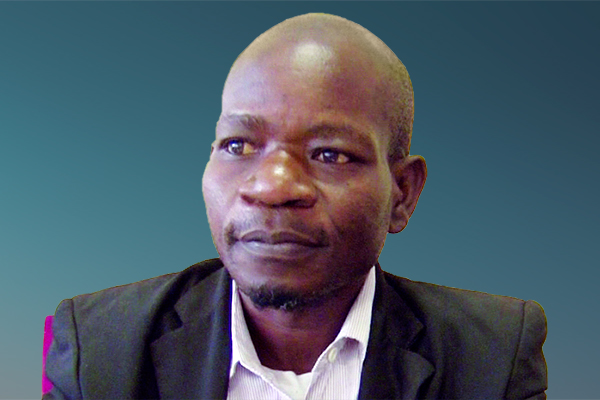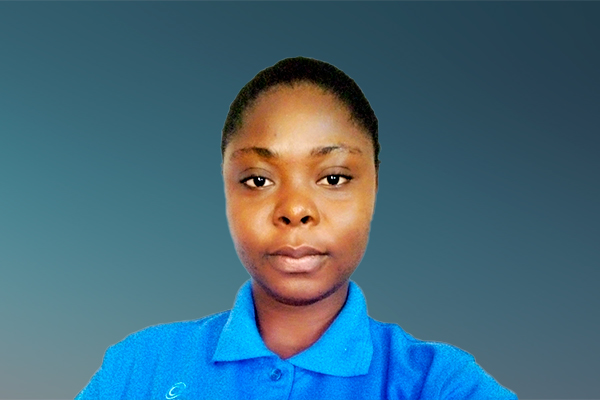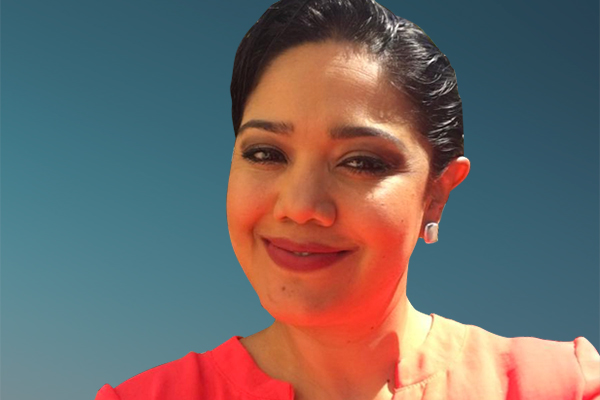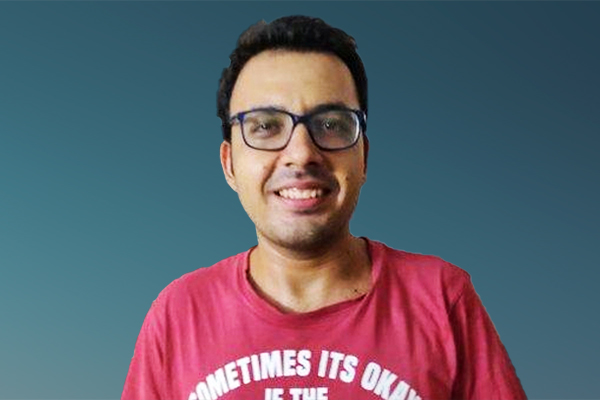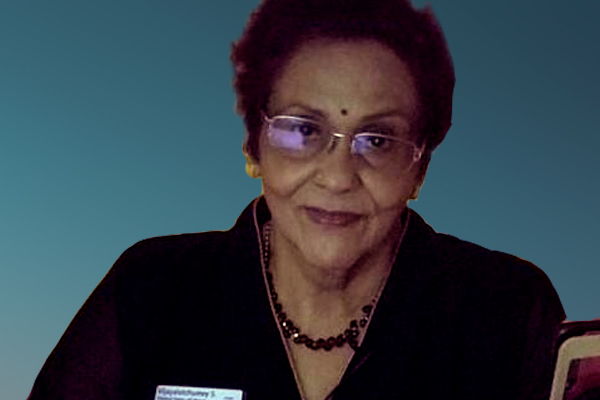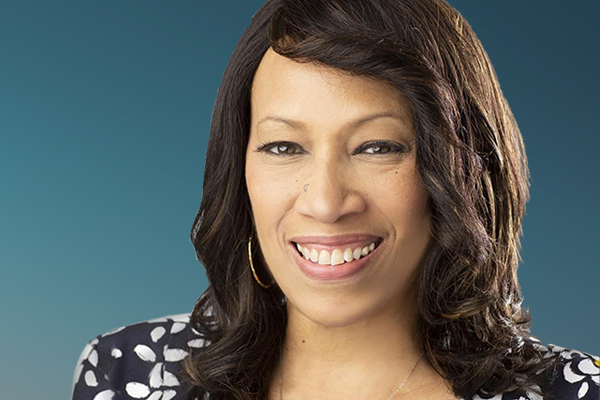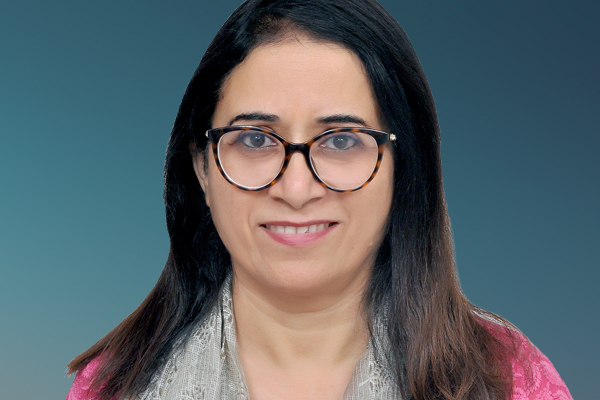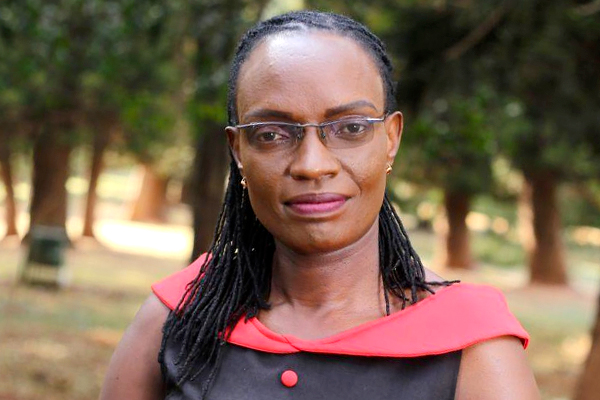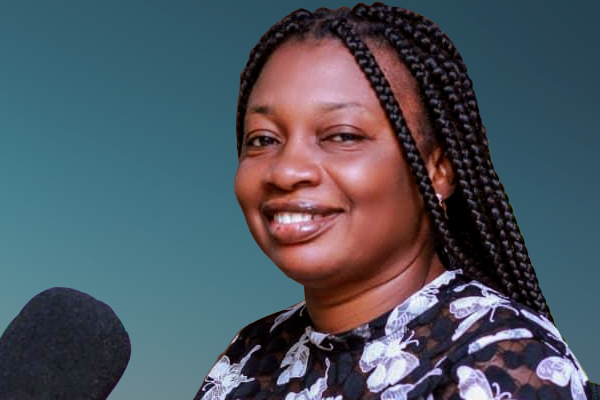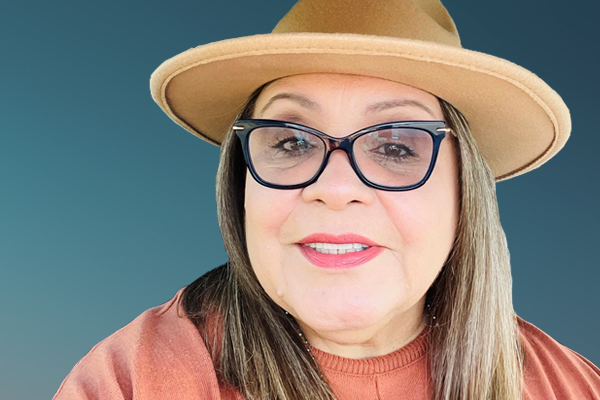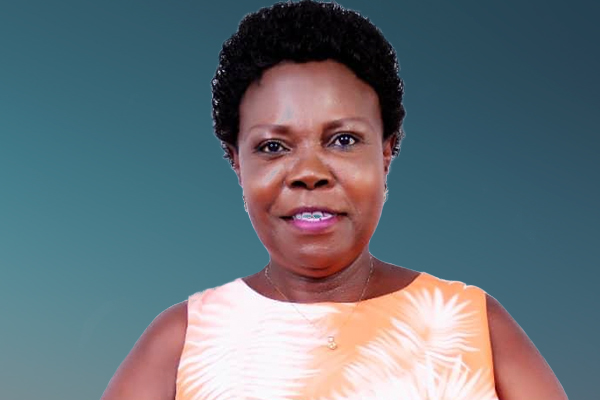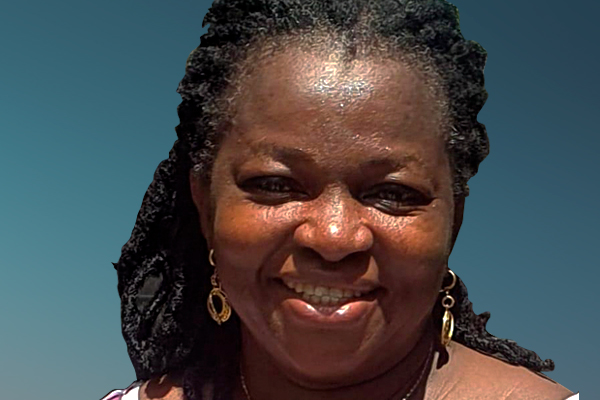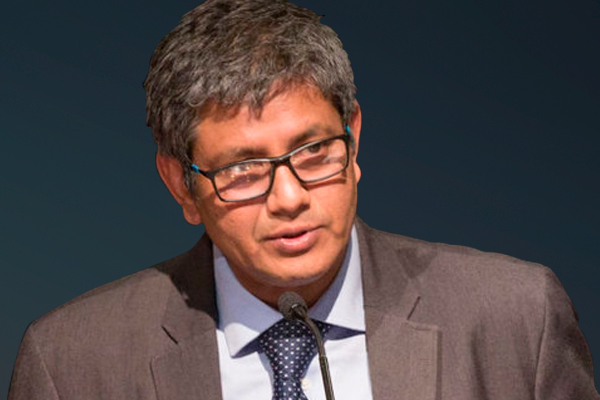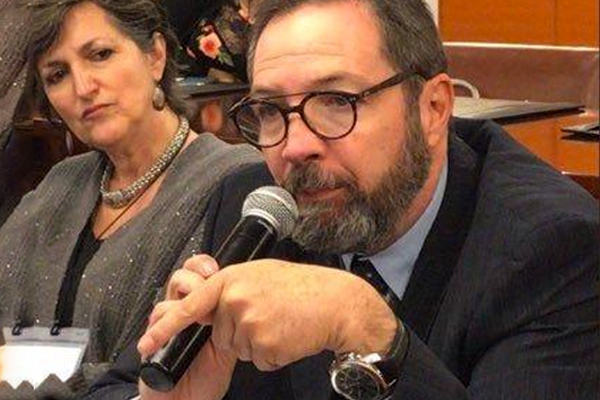Hi, my name is Takwe Boniface Njecko and I am from the North West Region of Cameroon. I have been living with hypertension for more than 10 years.
I'm sharing my story because of what I have experienced living with this condition and what I have seen in others living with NCDs. I would like to use my position as an NCD advocate to encourage the improvement of NCD prevention and care for the people of Cameroon and beyond.
27 May 2022
Regular screening for NCDs reduces the risk of complications
Hypertension is an NCD in which the force that blood exerts on blood vessel walls is greater than normal. It all started when I was doing routine physical exams at the private Mbingo Baptist Hospital, where the physician found that my blood pressure was elevated. We concluded that it might have resulted from the stress of the physical exam, and I was asked to adopt lifestyle changes like reducing salt and alcohol intake, and doing more exercise.
I later underwent another check-up at a different private health facility, which is where I also work, having lost contact with the first physician. My blood pressure was still elevated, so I grew concerned as I recalled my late father, who suffered a stroke due to poorly controlled hypertension. Similarly, as a junior professional nurse working in this same private hospital, I had witnessed hypertension complications with many patients, who were sometimes dragging an arm and leg on a wheelchair unable to walk, despite being able to walk some hours earlier. Thankfully it was at this check-up that I finally received an official diagnosis of hypertension.
Following my diagnosis, the healthcare provider kindly explained to me the dangers of living with elevated blood pressure and the benefits of early treatment. Since my diagnosis 12 years ago, my treatment has been a single tablet. This followed education that non-compliance to this treatment could increase the risk of sustained elevated blood pressure, leading to possible complications and the need for several additional drugs with greater potential of severe side effects. I also made lifestyle changes such as no tobacco or alcohol, a healthy diet, regular physical exercise, and stress management. My doctor is good at following up with me, plus my work in the private health system facilitates our regular communications.
Despite my late diagnosis, God spared me from hypertension complications. However, regular screening and the early start of hypertension treatment are important in hypertension control. I faced the challenge of being afraid of the side effects of hypertension drugs, but non-pharmacological measures alongside the single tablet I take routinely spared me of any unwanted drug side effects. I’m grateful to the organization where I was diagnosed; the health providers are not only helpful and efficient, but the facility has made efforts to bridge the gap between people living with NCDs and their health providers through an NCD prevention department, that has improved the rates of early diagnosis and patient follow-up.
4 July 2022
Focus on primary and secondary NCD prevention to enjoy your children at old age
When reflecting on the realities of my community of other people living with NCDs, the story of an acquaintance of my relative and neighbor comes to mind. This is the story of a 75‑year‑old lady whose marriage was full of affluence, as her spouse was wealthy and lived in Bamenda in the North‑Western region of Cameroon. They ate whatever they liked that was available, and their children succeeded academically, going on to have good jobs on different continents of the world.
Unfortunately, she later lost her spouse and developed hypertension, which was eventually found to have been poorly controlled due to inadequate healthcare provisions. She subsequently went on to develop diabetes mellitus. Now living with multiple chronic conditions, care management became more difficult, and her healthcare provider reportedly gave her neither the knowledge nor the support that she critically needed. This resulted in poor compliance with medication, nutritional guidelines and exercise provisions, leading to the development of complications such as eye defects and consequently poor vision.
With her children’s assistance, she received very expensive eye treatment from what is deemed to be a good private hospital. When the eye department staff discovered that there was no improvement, she was encouraged to discontinue the care to save her resources. This lack of care ultimately led to blindness, whilst she separately also developed heart disease.
Her children later invited her for a visit abroad. A lady who was once full of energy and smiles now had to enter the plane blind, not seeing where she was going. A lady who had not seen her children for several years and could now only recognize them from their voices and physical touch. A lady whose children had succeeded academically and professionally and who desired to in turn bless their mother for her efforts in their upbringing, now saw all their resources being channeled to pay hospital bills, with their mother enjoying very little or none of it.
This lady faced the challenges of hypertension, heart disease, diabetes, and later blindness which the healthcare providers couldn’t reverse, especially the visual impairment. If healthcare providers in Cameroon can intensify primary prevention education to the healthy population and secondary prevention through continuous and proper counseling alongside adherence from those living with NCDs, the chances of developing complications would be greatly minimized.
17 August 2022
Recommendations for the Ministry of Health of Cameroon
My nursing background is evidenced by several courses done online on obesity at SCOPE (Strategic Center for Obesity Professional Education) and recently becoming a holder of a Master of Public Health with a special interest in NCD prevention. I work in a nonprofit healthcare organisation in Cameroon known as Cameroon Baptist Convention Health Services. It has an NCD prevention and control unit, where one of the main arms is the Know Your Numbers (KYN) unit. The important health numbers assessed include blood pressure, blood sugar, body mass index, and waist circumference alongside assessments of practices that are health-promoting. This enables us to identify at-risk individuals or asymptomatic individuals who may already be living with NCDs including diabetes, hypertension, or obesity so that adequate interventions can be provided.
These kinds of initiatives make the biggest difference in Cameroon in the fight against NCDs, as they help to prevent disease as well as reduce the development of complications that can arise from a lack of treatment. It is these initiatives that will help people such as a 75-year-old lady who was referred to me with a high body weight and lower joint pains, which were hindering her ability to perform basic functions such as squatting to urinate and defecate. She slumped on the consulting chair in my office, and exclaimed ‘If only someone had told me when I was young what I could have done to prevent NCDs, I wouldn’t be where I am now.’
Based on the realities I have outlined for people living with NCDs in Cameroon, more must be done to ensure that healthcare providers give people the standard of care that they need and deserve. Therefore, I call on the Ministry of Health of Cameroon to:
- Adopt the Know Your Numbers initiative as a national program for awareness creation on NCD risk factors and prevention.
- Regularly screen important health numbers such as blood pressure, blood sugar, body mass index and waist circumference as well as the practice of health-promoting behaviours among members of the population, to identify at-risk or asymptomatic individuals living with NCDs including hypertension, diabetes or obesity, so that they can better prevent or manage their conditions.
- Subsidise drugs used in the management of all NCDs, since the majority of people living with NCDs in Cameroon currently pay for their medications out-of-pocket.
NCD Diaries
The cost of living with hypertension is too high, and many people living with NCDs face challenges when it comes to managing their conditions. Better access to high-quality NCD prevention and care is a must for everyone living on planet earth.
Takwe Boniface Njecko, lived experience of cardiovascular disease (CVD), Cameroon
About NCD DIARIES
The NCD Diaries use rich and immersive multimedia approaches to share lived experiences to drive change, using a public narrative framework.

